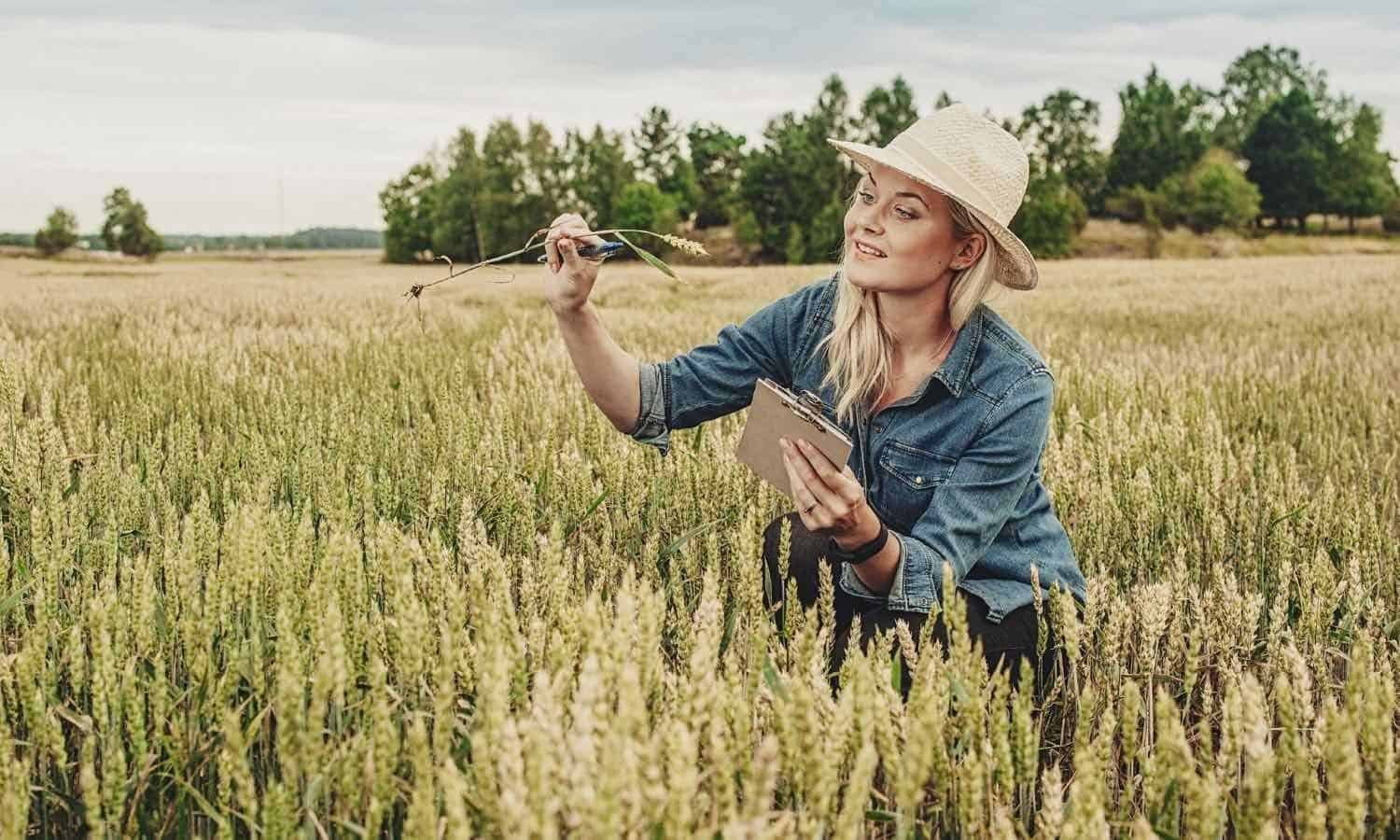
Agriculture, long considered a male-dominated industry, is experiencing a transformative shift as women increasingly break ground and redefine their roles in the sector. This paradigm shift is not only challenging gender norms but is also fostering a more inclusive, sustainable, and resilient agricultural landscape.
This article delves into the multifaceted journey of empowering women in agriculture, exploring the challenges they face, the strides they’ve made, and the indispensable role they play in shaping the future of food production. Additionally, it highlights the significance of women’s involvement in poultry farming, emphasizing the critical role of poultry farming equipment in this context.
Historical Perspective
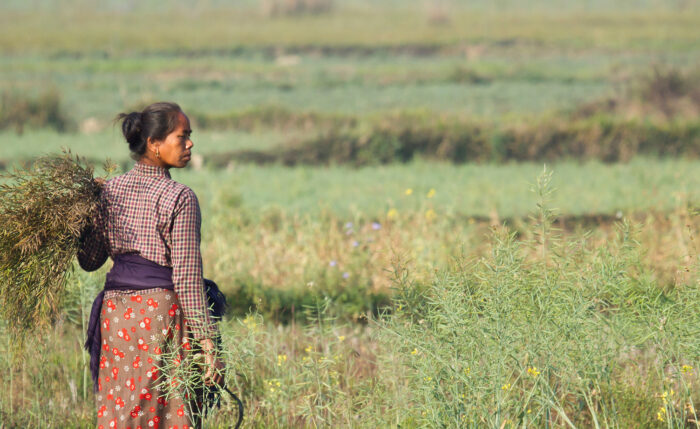
Historically, women’s contributions to agriculture have been overlooked and underestimated. While often serving as the backbone of farming activities, their roles were confined to traditional tasks such as tending to small plots, managing households, and providing family labor. Recognizing and rectifying this historical oversight is crucial in reshaping the narrative around women’s involvement in agriculture.
Challenges Faced by Women in Agriculture
In the face of their substantial contributions, women engaged in agriculture confront a multitude of challenges. Gender-based discrimination, limited access to resources, including land and credit, and a lack of representation in decision-making processes are hurdles that persist. These challenges not only impede the potential of individual women but also hinder the agricultural sector’s overall progress.
Empowering Women Through Education
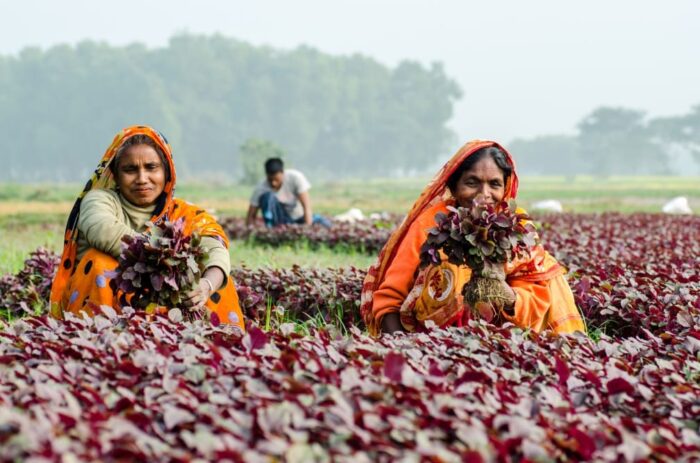
Education emerges as a powerful tool in dismantling barriers and empowering women in agriculture. By providing access to education and training programs, women gain the knowledge and skills necessary to actively participate in various aspects of farming, from crop management to adopting sustainable agricultural practices.
Access to Resources
Land ownership remains a critical aspect of empowerment. Efforts to challenge traditional norms and secure land rights for women are gaining momentum, enabling them to make independent decisions about farming practices and investments. Additionally, improving access to credit, technology, and modern farming equipment is pivotal in leveling the playing field for women in agriculture.
Women as Innovators
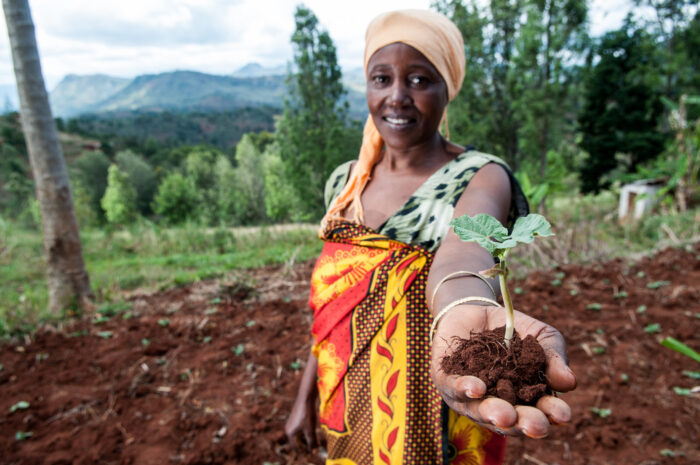
Women are increasingly recognized as innovative forces in agriculture. From introducing sustainable farming practices to developing local solutions for crop management, their innovative contributions are reshaping the industry. Platforms that celebrate and amplify these innovations are crucial for fostering a culture of inclusivity and recognizing the diverse talents of women in agriculture.
Collective Initiatives
Collective initiatives, such as women’s farming cooperatives and networks, are instrumental in creating a supportive community for women in agriculture. These platforms facilitate knowledge exchange, skill development, and provide a collective voice to address shared challenges. Empowering women collectively enhances their resilience and influence within the agricultural sector.
Technological Integration
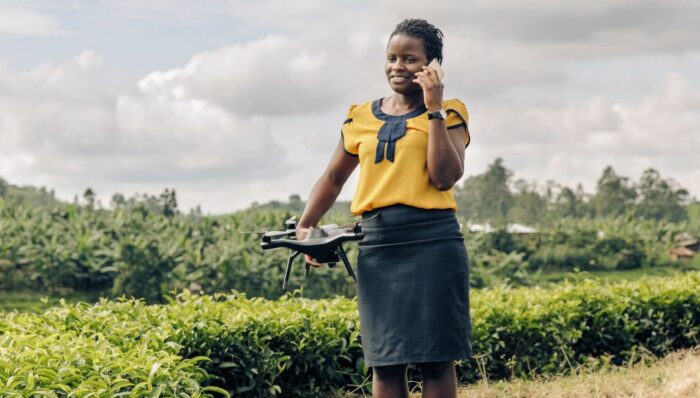
Embracing technology is a key aspect of empowering women in agriculture. From mobile apps for crop management to precision farming tools, technology can bridge the gender gap by providing women with access to real-time information, market opportunities, and financial services. In the context of poultry farming, the integration of advanced poultry farming equipment enhances efficiency and productivity, contributing to the overall empowerment of women in this sector.
Redefining Roles in Agribusiness
Beyond traditional farming, women are increasingly making strides in agribusiness. From entrepreneurship in food processing to leadership roles in agricultural startups, women are redefining their roles and contributing to the entire agri-value chain, including poultry farming and associated equipment.
Environmental Stewardship
Women in agriculture often have a deep connection to environmental sustainability. Recognizing and leveraging this affinity can result in innovative approaches to sustainable farming practices, biodiversity conservation, and climate resilience.
Policy Advocacy
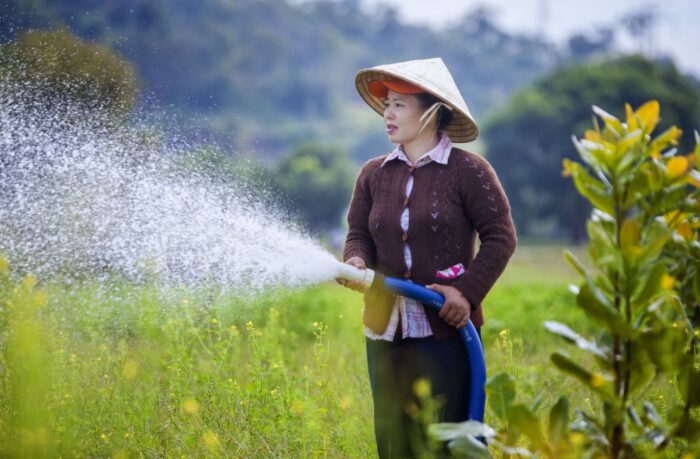
Policy advocacy plays a pivotal role in institutionalizing women’s empowerment in agriculture. Governments and international organizations must implement and reinforce policies that address gender disparities, promote inclusivity, and provide the necessary support systems for women in agriculture.
Empowering women in agriculture is not just about addressing gender inequality; it is a fundamental prerequisite for achieving sustainable, resilient, and equitable food systems. As women continue to break ground and redefine their roles, the agricultural landscape stands to benefit from diverse perspectives, innovative solutions, and a more inclusive and sustainable future.
The journey towards empowering women in agriculture is a collective endeavor that requires collaboration, advocacy, and a commitment to dismantling barriers that have persisted for far too long. By recognizing and valuing the vital contributions of women, agriculture can truly flourish and meet the challenges of the 21st century, including the critical role of poultry farming equipment in enhancing productivity and sustainability.














